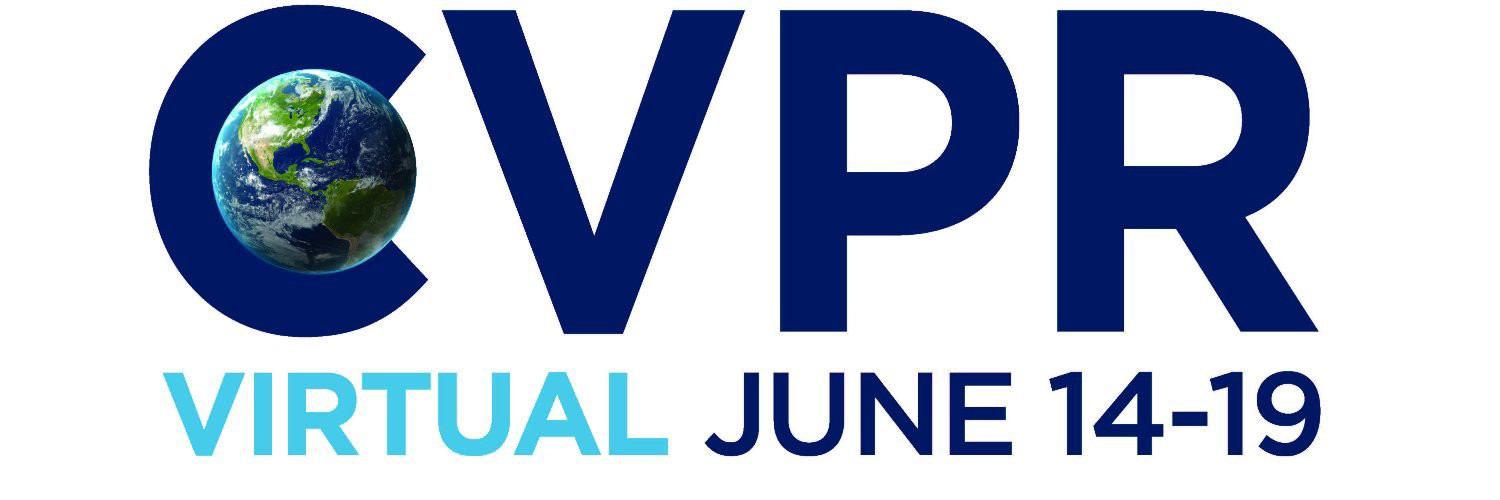Abstract:
Recently, increasing interest has been drawn in exploiting deep convolutional neural networks (DCNNs) for no-reference image quality assessment (NR-IQA). Despite of the notable success achieved, there is a broad consensus that training DCNNs heavily relies on massive annotated data. Unfortunately, IQA is a typical small sample problem. Therefore, most of the existing DCNN-based IQA metrics operate based on pre-trained networks. However, these pre-trained networks are not designed for IQA task, leading to generalization problem when evaluating different types of distortions. With this motivation, this paper presents a no-reference IQA metric based on deep meta-learning. The underlying idea is to learn the meta-knowledge shared by human when evaluating the quality of images with various distortions, which can then be adapted to unknown distortions easily. Specifically, we first collect a number of NR-IQA tasks for different distortions. Then meta-learning is adopted to learn the prior knowledge shared by diversified distortions. Finally, the quality prior model is fine-tuned on a target NR-IQA task for quickly obtaining the quality model. Extensive experiments demonstrate that the proposed metric outperforms the state-of-the-arts by a large margin. Furthermore, the meta-model learned from synthetic distortions can also be easily generalized to authentic distortions, which is highly desired in real-world applications of IQA metrics.

